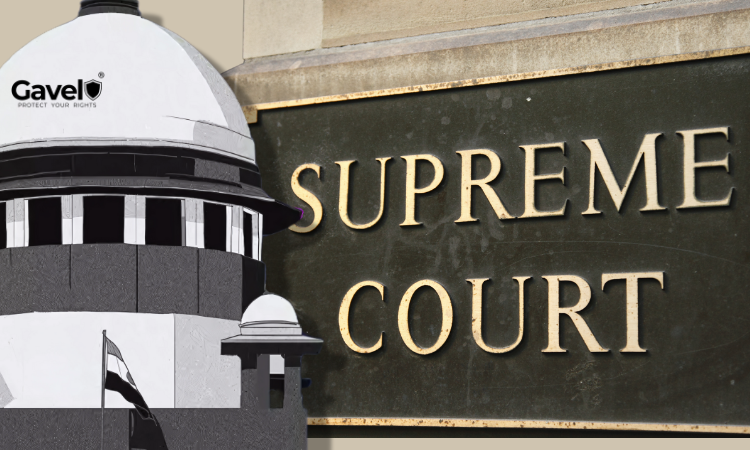In a landmark judgment, the Supreme Court of India has reaffirmed the importance of due process and statutory compliance in criminal prosecution. In the case of B.N. John v. State of U.P. & Anr., the Court quashed criminal proceedings against a social worker accused under Sections 186 and 353 IPC, citing procedural lapses and lack of prima facie evidence. The ruling underscores the constitutional safeguards available to individuals—particularly those engaged in civil society work—against arbitrary exercise of state power.
Background
The petitioner, B.N. John, ran a hostel for underprivileged children through an NGO in Varanasi. On June 3, 2015, the premises were raided by officials alleging non-compliance with the Juvenile Justice Act. Following the raid, an FIR was filed against Mr. John and his wife for obstructing the officials. The chargesheet included Sections 186 and 353 IPC. Despite contesting the charges, the Allahabad High Court declined to quash the proceedings, prompting an appeal to the Supreme Court.
Supreme Court’s Findings
The Court addressed two major legal deficiencies:
- 1. Absence of Sanction Under Section 195(1)(a) CrPC
Section 186 IPC, which penalizes obstruction of a public servant, cannot be taken cognizance of without a written complaint from the concerned public servant to the Magistrate. In this case, the only complaint was a letter addressed to the Executive Magistrate, not the Judicial Magistrate. The Court held this to be a clear violation of the procedural requirement under Section 195 CrPC.
- 2. Lack of Ingredients for Section 353 IPC
Section 353 IPC requires allegations of assault or criminal force to deter a public servant. The FIR in this case referred only to ‘disturbance’ without any claim of physical assault or use of force. The Supreme Court noted that witness statements appeared to be embellished after the fact to justify the offence. Without these key elements, Section 353 could not be sustained.
Legal Significance
This judgment reiterates several foundational principles:
- • Procedural bars under Section 195 CrPC must be strictly observed.
- • FIRs must disclose the basic ingredients of each alleged offence.
- • Non-cognizable offences like Section 186 IPC require prior Magistrate approval for investigation.
- • Strategic addition of serious charges to sidestep procedural hurdles is not permissible.
Implications of the Judgment
The decision provides relief to individuals in the social sector who face retaliatory legal action. It also puts investigative agencies on notice regarding the misuse of provisions like Section 353 IPC to justify coercive action. Lawyers defending such clients can now rely on this precedent to seek quashing of proceedings at an early stage.
Conclusion
The Supreme Court’s judgment in B.N. John v. State of U.P. is a compelling reaffirmation of procedural safeguards in India’s criminal justice system. It reinforces the message that criminal prosecution must follow both the letter and spirit of the law, particularly when public interest work is involved.

